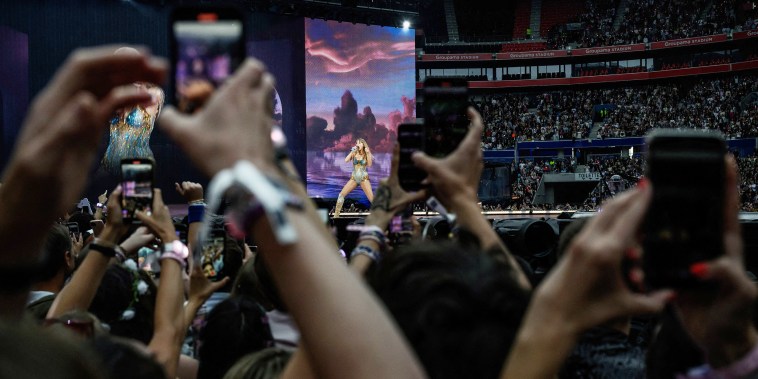The Funflation Effect: Understanding the Shift in Consumer Spending Patterns
Economic experts are taking note of a new trend in consumer spending habits that has been termed the Funflation Effect. This phenomenon refers to the increasing focus on spending on activities related to travel, entertainment, and leisure among Americans. Rather than splurging on material possessions, many individuals are choosing to allocate a significant portion of their budgets towards experiences that bring joy, excitement, and fulfillment.
Several factors have contributed to the rise of the Funflation Effect, with changes in societal values and preferences playing a key role. In today’s fast-paced and digitally-driven world, where social media platforms showcase idealized versions of lifestyle and experiences, individuals are placing a higher premium on creating memorable moments and forging meaningful connections. As a result, many are willing to forego material goods in favor of enriching experiences that contribute to personal growth and well-being.
The impact of the COVID-19 pandemic cannot be overlooked when examining the Funflation Effect. The prolonged periods of lockdowns and restrictions on social gatherings prompted individuals to reevaluate their priorities and rethink how they derive happiness and fulfillment. As restrictions eased, the pent-up demand for travel and entertainment fueled a surge in spending on experiences that allow for social interaction, exploration, and adventure.
Another significant driver of the Funflation Effect is the growing popularity of the sharing economy and the emphasis on sustainability and environmental consciousness. Platforms that offer shared accommodations, transportation services, and unique travel experiences have made it more accessible and affordable for individuals to indulge in novel experiences without the need for ownership. This shift towards collaborative consumption aligns with the values of many consumers who prioritize environmental stewardship and responsible consumption practices.
The rise of remote work and flexible work arrangements has also played a role in fueling the Funflation Effect. With the ability to work from virtually anywhere, individuals have greater flexibility in planning their schedules and incorporating leisure activities into their daily lives. The blurred lines between work and leisure have led many to seek out experiences that provide a break from routine and offer a sense of fulfillment outside of the traditional workday.
While the Funflation Effect signifies a positive shift towards prioritizing experiences over material possessions, it is not without its challenges. Critics argue that the emphasis on experiential consumption can lead to unsustainable spending habits and financial instability if not managed responsibly. It is essential for individuals to strike a balance between indulging in enriching experiences and maintaining a solid financial foundation for the future.
In conclusion, the Funflation Effect reflects a broader societal shift towards valuing experiences that contribute to personal growth, connection, and well-being. By understanding the drivers behind this trend and adopting mindful spending habits, individuals can make the most of the opportunities presented by the Funflation Effect while ensuring long-term financial stability. Embracing a balanced approach to consumption that prioritizes both experiences and fiscal responsibility can lead to a more fulfilling and sustainable way of life.



























